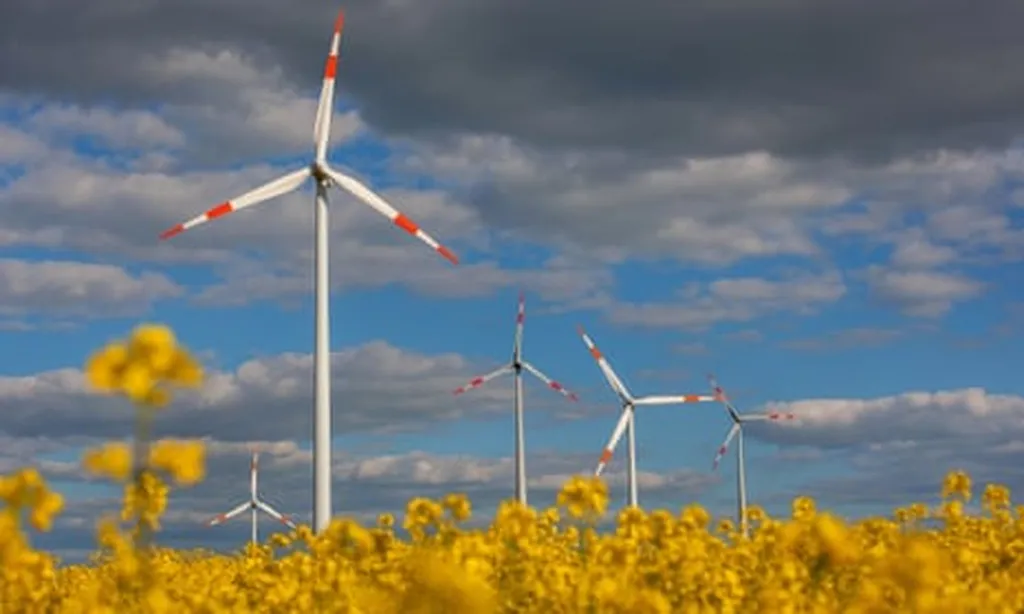German Chancellor Friedrich Merz has signaled a potential shift in Berlin’s approach to renewable energy expansion, suggesting that the government may scale back its ambitious plans. In a meeting with energy sector works councils, Merz indicated that the government could “do a bit less in terms of expansion,” according to reports in Germany. This statement marks a notable departure from the country’s previously aggressive stance on renewable energy deployment.
The Chancellor’s remarks come ahead of the release of a crucial monitoring report by Economics and Energy Minister Katherina Reiche, scheduled for next week. This report is expected to serve as a roadmap for the government’s future energy transition plans. Merz expressed hope that the coalition would align with this new direction, stating, “I hope that we can achieve this in the coalition, and it will have consequences. My assumption is that we might do a bit less in terms of expansion. And that will, of course, bring about significant changes in costs.”
The potential slowdown in renewable energy expansion could have far-reaching implications for Germany’s energy sector and its broader climate goals. A slower pace of deployment might alleviate some of the financial pressures associated with rapid infrastructure development, as Merz hinted at the potential cost savings. However, it could also raise concerns about Germany’s ability to meet its climate targets and maintain its leadership position in the European energy transition.
This development may also influence other countries grappling with the complexities of energy transition. If Germany, a frontrunner in renewable energy adoption, opts for a more measured approach, it could embolden other nations to reassess their own strategies. Conversely, it might draw criticism from climate advocates and environmental groups, who may view such a shift as a step backward in the fight against climate change.
As the energy sector awaits the release of the monitoring report, all eyes will be on Berlin to see how this potential shift in policy unfolds. The coming weeks could prove pivotal in shaping the future trajectory of Germany’s energy transition and its broader implications for the global energy landscape.

